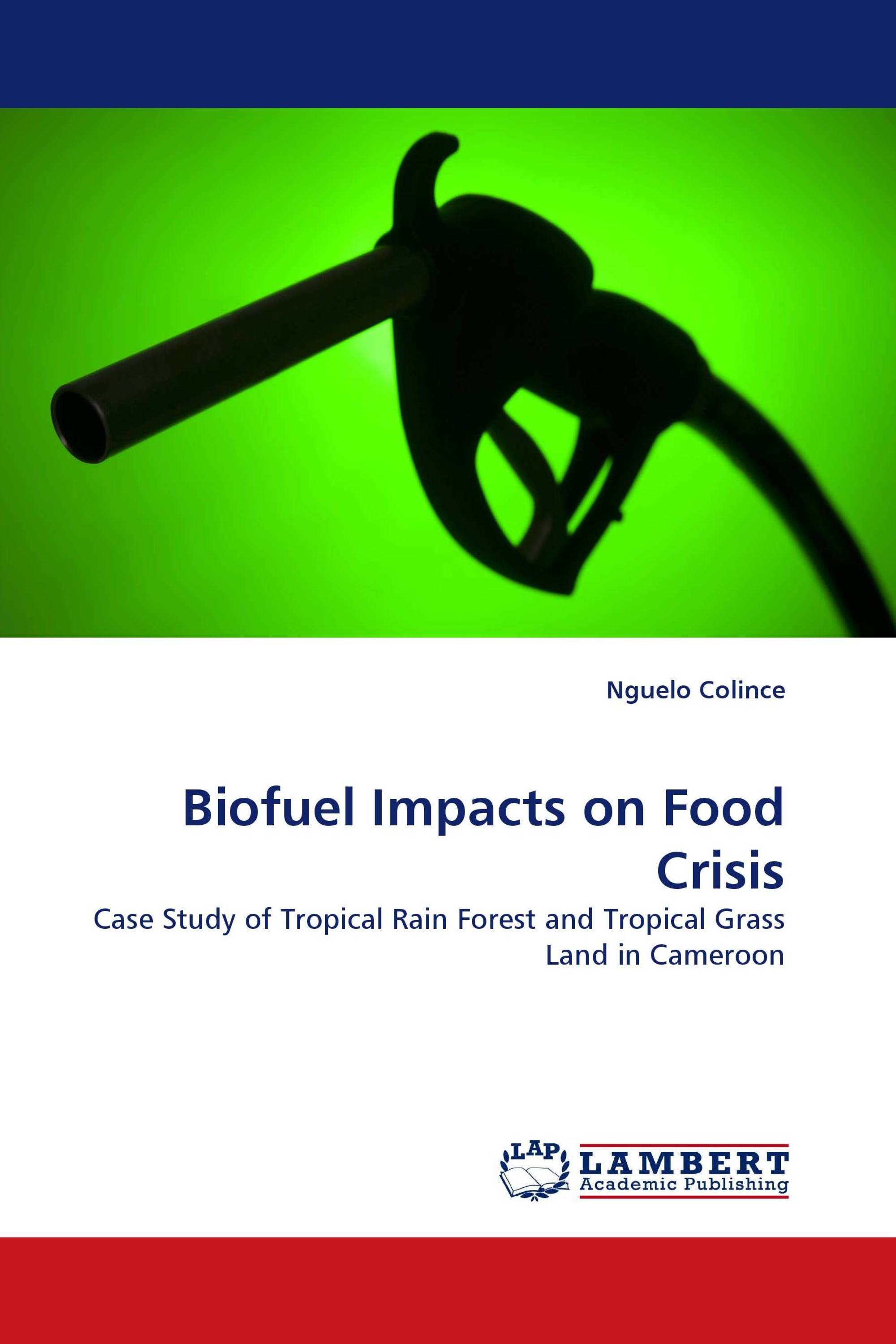Biofuel Impacts on Food Crisis
Case Study of Tropical Rain Forest and Tropical Grass Land in Cameroon
LAP Lambert Academic Publishing ( 2010-08-18 )
€ 49,00
From April 2008, many developing countries faced food shortage and this led to massive public protest. In some cases the food is used for biofuel or land is used for biofuel feedstocks. Jatropha curcas tends to be promising and grows in arid and humid regions. Nevertheless, cultivating it blindly has impacts on food in Cameroon and anywhere. By integrated assessment, it is possible to manage J. curcas cultivation in Cameroon through a characterization of forest and grass lands differentiating small and large scale system. The questionnaires coupled with interviews helped to understand the interaction of stakeholders involved in biofuel system and food crisis through land use. Some maps obtained through GIS and GPS help to understand some impacts. The biofuel policy system was assessed. More than 90% of rice in Cameroon is imported whereas soils appropriate for its cultivation are used for biofuel production. It is demonstrated that small scale cultivation do not have impacts on lands and food crisis thus is profitable but the large scale has direct impact on fertile lands, food crisis and deforestation. The management policy should include government, CEMAC, WTO and African Union.
Book Details: |
|
|
ISBN-13: |
978-3-8383-6247-2 |
|
ISBN-10: |
3838362470 |
|
EAN: |
9783838362472 |
|
Book language: |
English |
|
By (author) : |
Nguelo Colince |
|
Number of pages: |
116 |
|
Published on: |
2010-08-18 |
|
Category: |
Building and environmental technology |




